The artefactual remains that make up such a large part of the archaeological record constitute remnants from various technologies. Traditionally, archaeologists have classified technology from a morphological and typological viewpoint. However, there is more to technology than outer form and visual expression. The social aspects connected with artefact production and use as well as management of raw materials and waste involve development and maintenance of craft traditions as well as transmission and management of knowledge and skills. Recent studies exploring various theoretical perspectives have demonstrated that a focus on the social premises for technology and its contexts can generate new knowledge about prehistoric societies. The seminar will discuss the theoretical basis of this socio-technological turn in archaeology, including topics such as knowledge transmission, social organisation, agency and structure, and focus on how various technologies can be studied within this approach.
This is not to say that we envisage theoretical discussion at a level remote from the practical application of technology studies to specific artefact classes and materials. Quite the contrary – we wish to examine the different kinds of potential for understanding social contexts that relate to the specific characteristics of the artefact assemblages being studied, and the possibilities and challenges of transferring research approaches from one material to another. Further, we will explore the possibilities of integrated technological study across a range of artefact/material classes as a strategy for obtaining more comprehensive insights into social contexts.
This PhD seminar aims at providing research fellows with the opportunity to present aspects of their research related to various technologies and their social aspects and contexts, from the Stone Age to recent times, and facilitate a critical discussion about how we can capture these archaeologically.
The seminar seeks to address the social significance of technology maintenance, development and change on different temporal scales, and how this can be studied through the archaeological record. For example: How and why is technology maintained or changed? What is the influence of agents versus tradition? How is knowledge transmission affecting technological variability and development? What role can mobility, exchange and social contact play? What is the impact of environmental conditions, raw material access and control?
The seminar welcomes presentations by PhD students investigating various technologies represented in the archaeological record, exploring development at different temporal scales. It also welcomes critical discussion of methodological and theoretical challenges. We encourage participation of scholars from all periods, including contemporary archaeology.
Course Work
The course will consist of both seminars and lectures. Before the course starts, each PhD student will prepare a paper for pre-circulation, addressing her or his research project in relation to the course theme. In the course seminars, each paper will be allotted ca. 45 minutes, beginning with the student presenting a 15-minute summary of its contents. One of the other PhD students will be selected in advance as a discussant and comment for about 10 minutes, after which she or he will then chair an open discussion on the paper for approximately 20 minutes.
The participating lecturers will each give a lecture during the course, as well as participating as prime movers in the discussion of PhD presentations. The seminar days will be structured with adequate time for spin-off debates and networking opportunities in mind.
Lecturers
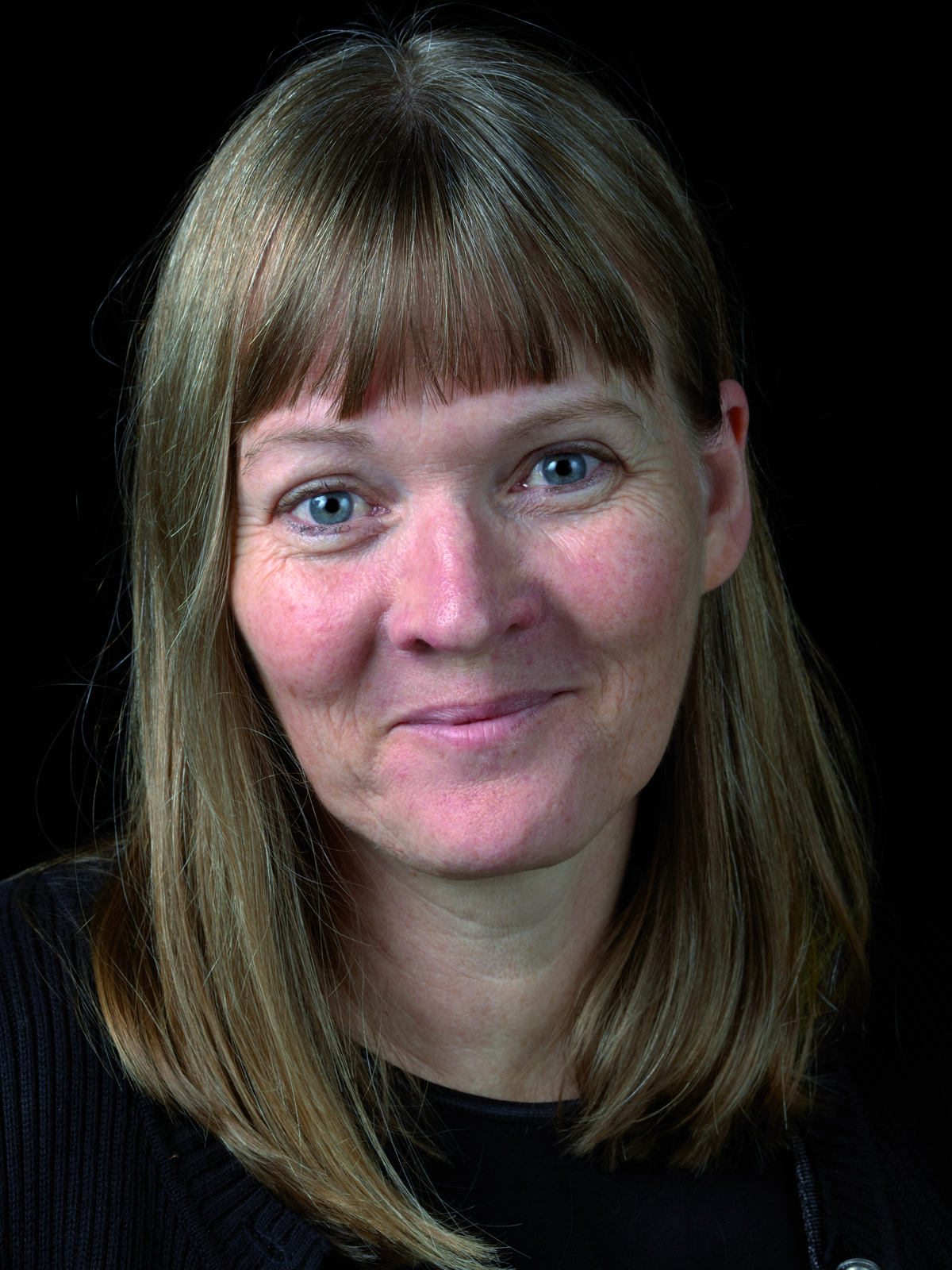
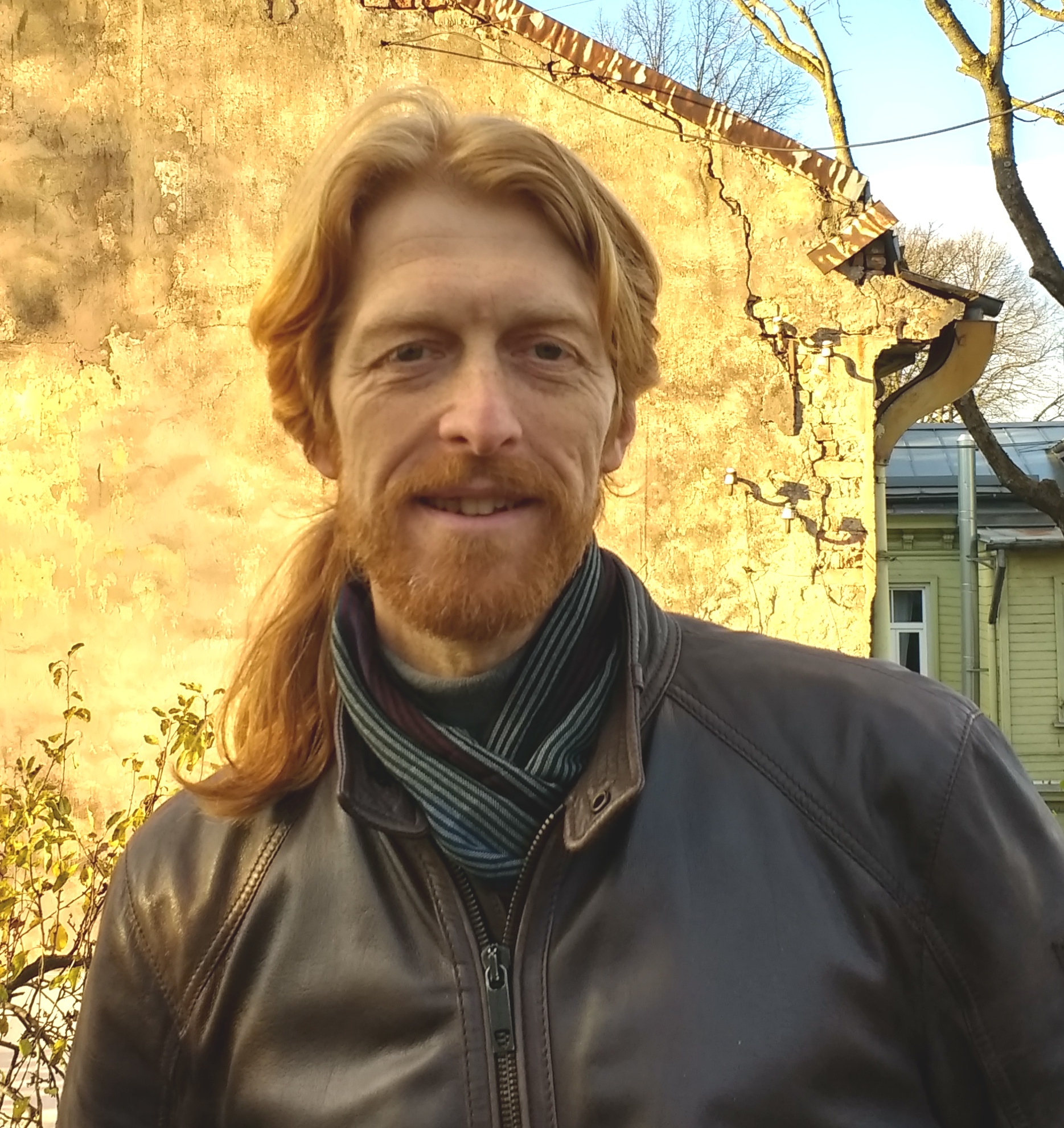
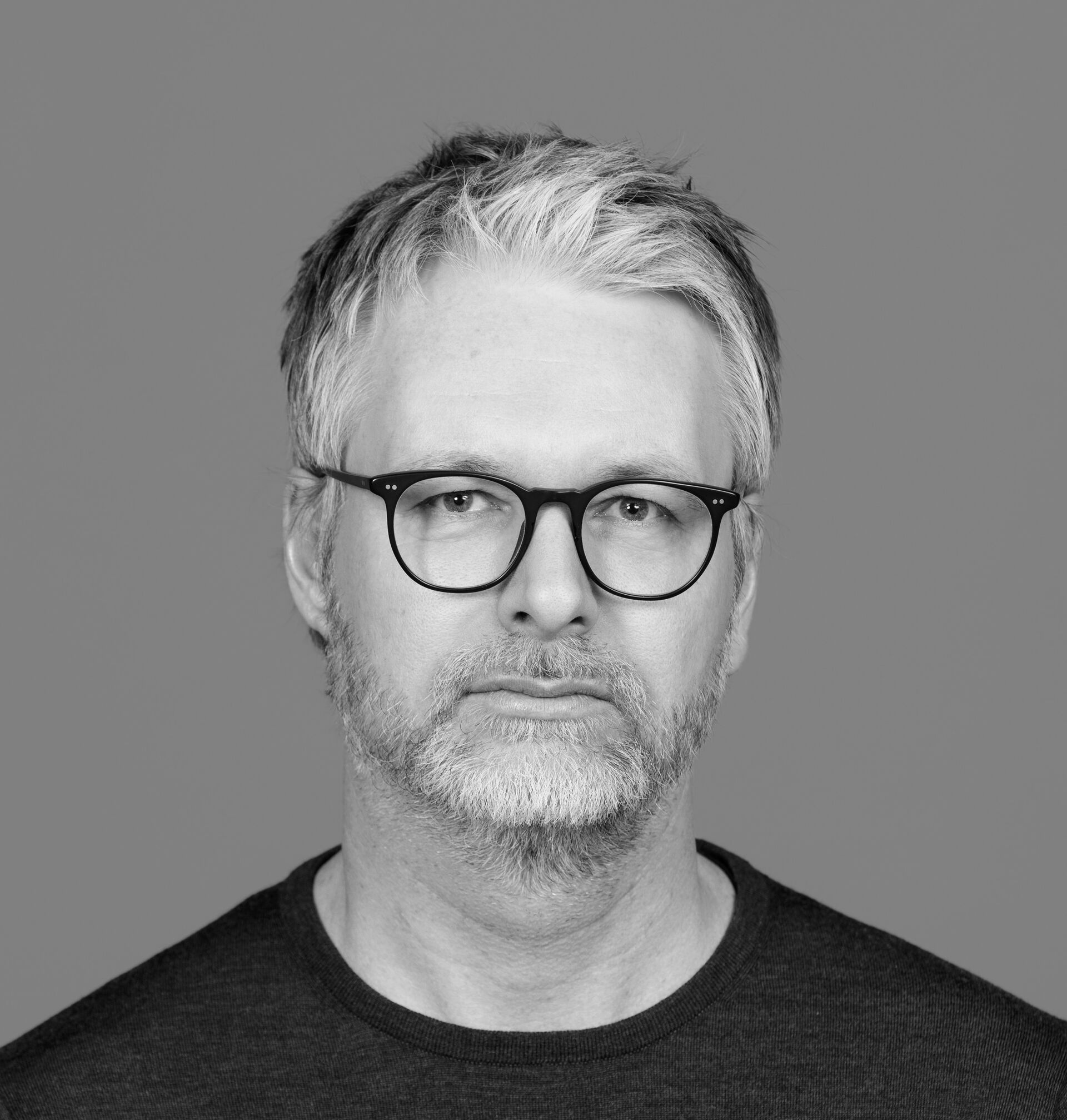
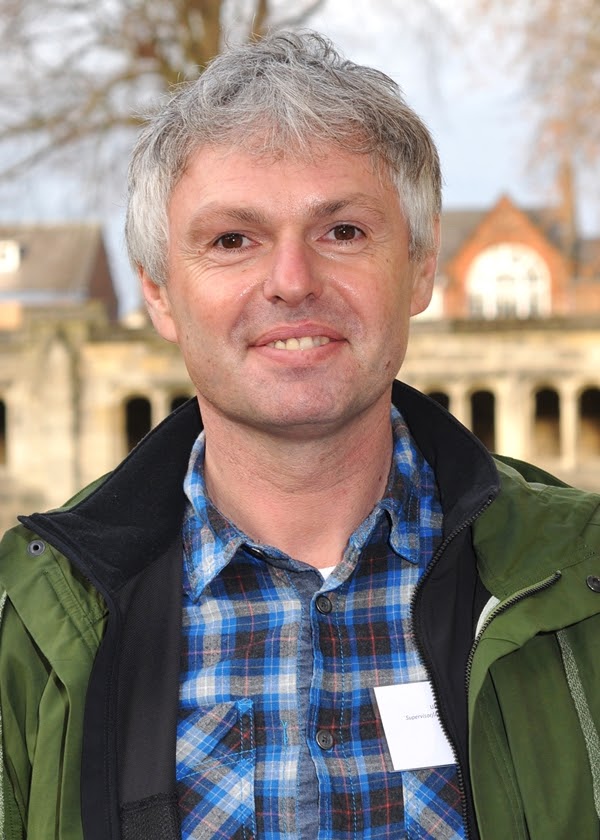
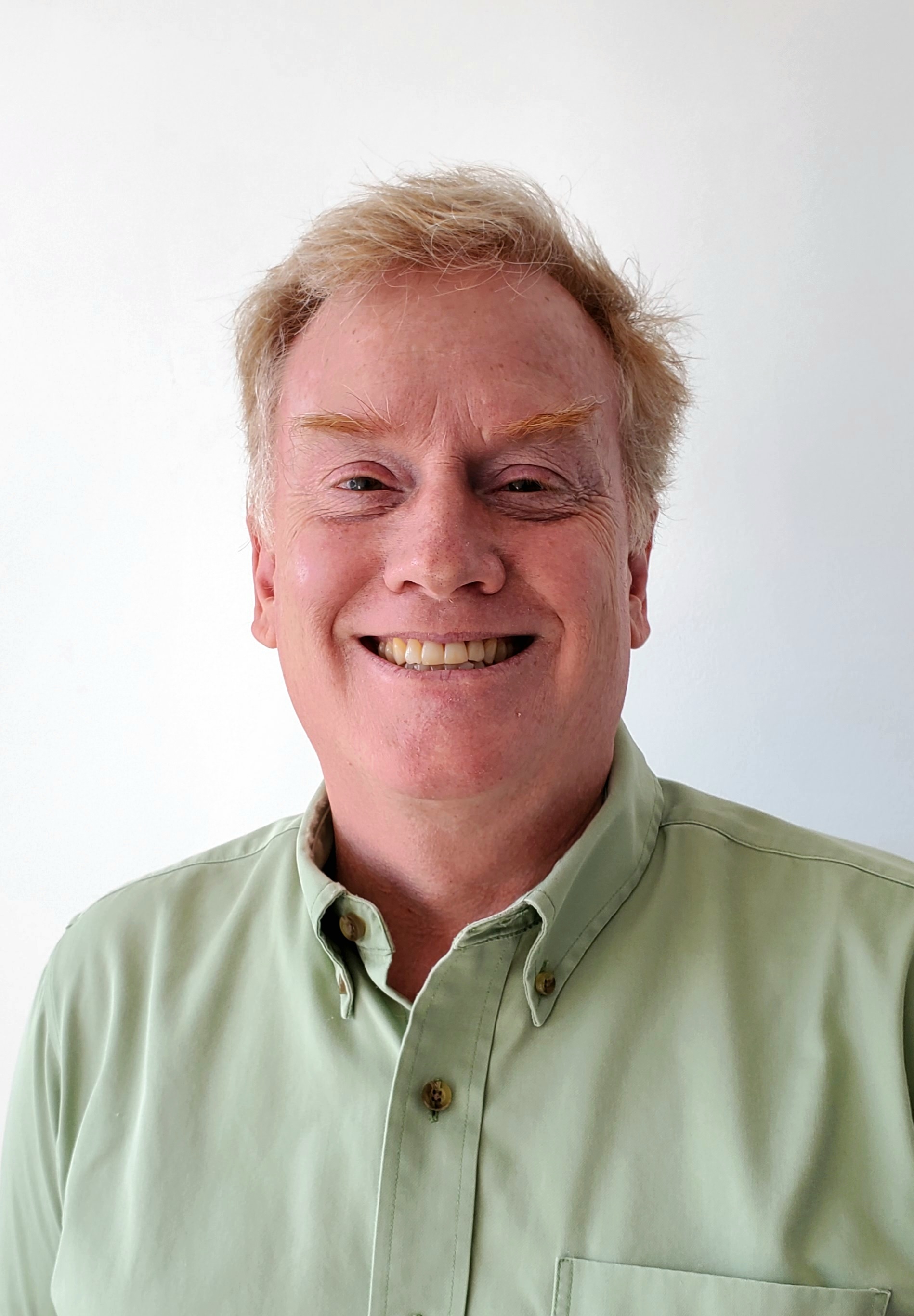
Dr Inger Marie Berg-Hansen (Museum of Cultural History, University of Oslo)
Dr Valdis Bērziņš (Institute of Latvian History, University of Latvia)
Professor Per Ditlef Fredriksen (University of Oslo)
Professor Peter D. Jordan (Lund University)
Dr Gilbert B. Tostevin (University of Minnesota)
Credits
1 month or 7 ECTS
Location, Travel and Costs
The Graduate School will finance and arrange travel and accommodation, and supply a daily allowance during the seminar for all participating PhD students who are part of the Dialogues With the Past Network. Two and two PhD students will be accomodated in twin rooms.
Registration
The Graduate school invites all registered PhD students to apply for participation. Please fill out this application form to apply for the course (in English only). From these applications, c. 15 PhD students will be admitted to the course.
For more information, please contact: oliver.reiersen@iakh.uio.no
Important Dates
Application for participation: June 6, 2022. Confirmation on your participation will be sent out shortly after this date.
Submission of working papers (10 pages, Times New Roman 12, Spacing 1,5): September 2, 2022.
